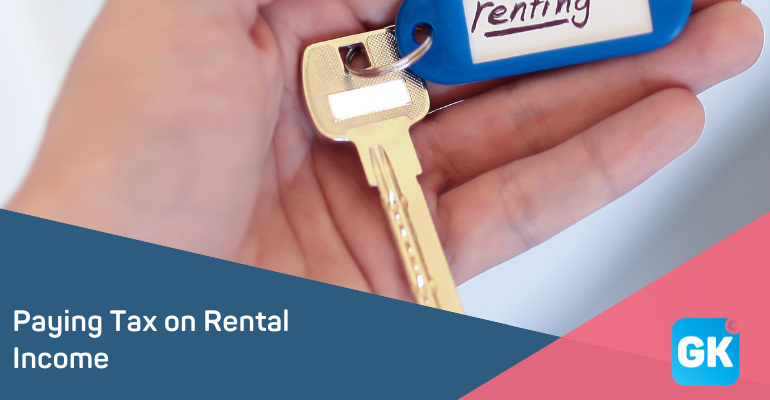Paying Tax on Rental Income

Paying Tax on Rental Income
Income from renting out a property, or from another source that qualifies as rental income, is taxable. There are several requirements that landlords should be aware of. Landlords are obliged to register with the Residential Tenancy Board and submit income tax returns. You must declare rental income to Revenue under the appropriate category using either a: Form 11 for self-assessed taxpayers or Form 12 for PAYE employees.
Rental Income Includes
- The renting of a house, flat, apartment, office, or farmland.
- Payments you receive for allowing advertising signs or communication transmitters to be put on your property.
- Payments you receive for allowing right of way through your property.
- Payments you receive for allowing sporting rights such as fishing or shooting rights on your property.
- Payments you receive from your tenant to cover the cost of work to your rental property. Your tenant must not be required to pay for this work per the lease.
- Certain lease premiums, as well as deemed and reverse premiums.
- Conacre letting.
- Payments received from insurance policies that cover against the non-payment of rent.
Income from Renting a Foreign Property
If you are receiving rental income from a foreign property, see the Foreign rental income section for more information. You must pay Irish tax on income that you receive from renting a foreign property if you are a resident or ordinarily resident and domiciled in Ireland.
Income from Providing Short Term Guest Accommodation
You may have income from providing accommodation to occasional visitors for short periods. For example, you may provide the accommodation through Airbnb. This income is not considered to be rental income. This is because the visitors use the accommodation as guests, rather than as tenants. Income from providing short term guest accommodation is taxable as either:
- Other income (Case IV) where the income is occasional in nature
- Trading income (Case 1) where you are trading as an ongoing business, such as a bed and breakfast or a guesthouse.
Allowable Rental Expenses
The following expenditure can be deducted from rental income to assist reducing any tax liability;
- Rates
- Insurance
- Cleaning
- Painting & Decorating
- Accountancy Fees
- Mortgage Protection Policy Premiums
- Capital Allowances (Usually written of over 8 years)
- Repairs
- RTB Registration fee
- Mortgage interest (100% allowable since 1st January 2019)
How to Declare Rental Income
The rate of tax you will pay on your rental income will depend on your total annual income, personal circumstances and personal tax credit and rate band entitlements. You can find further details on Calculating your Income Tax here. Your net rental income is your gross rental income less your allowable deductions or expenses. This determines if you have a profit or a loss. Once you have determined what your net rental income is you need to then determine what rate of tax you must pay on your total income. You will also allow for any tax you have already had deducted through other sources such as PAYE.
If your net rental income is less than €5,000, use myAccount to declare it through your Income Tax Return. If your net rental income is over €5,000, you will have to register for self-assessment. Use Revenue Online Service (ROS) to declare your rental income in your Form 11. More information on completing a Form 11 can be found in Filing your tax return. If you have rental income from a property outside Ireland, visit the foreign rental income section for more information. If you rent out a room or rooms in your sole or main residence as residential accommodation, you may qualify for Rent-a-Room Relief.
Get In Touch
If you require further assistance in relation to your taxes, please feel free to get in touch.


